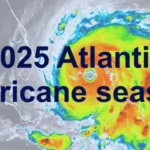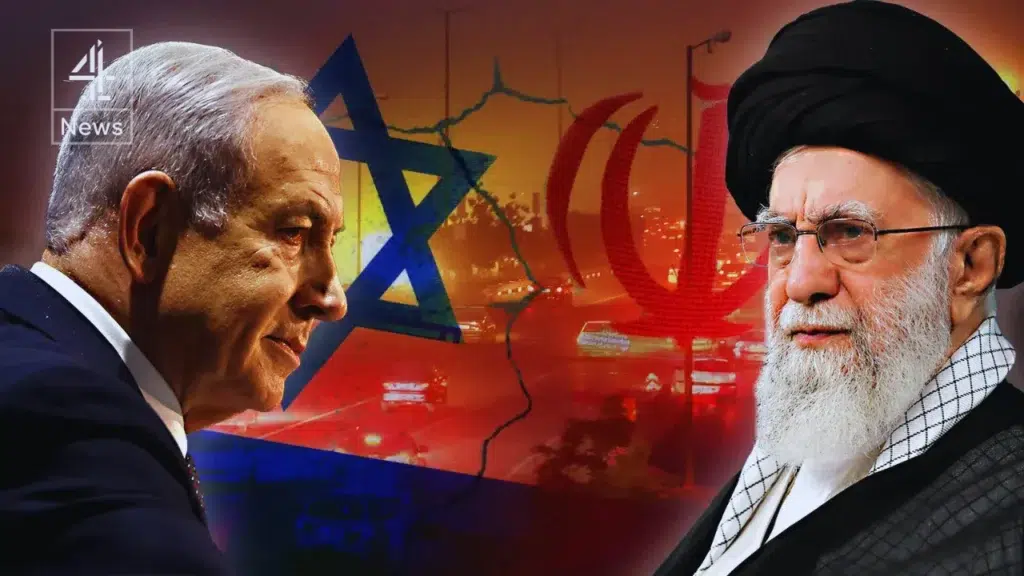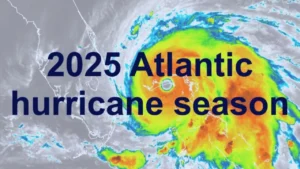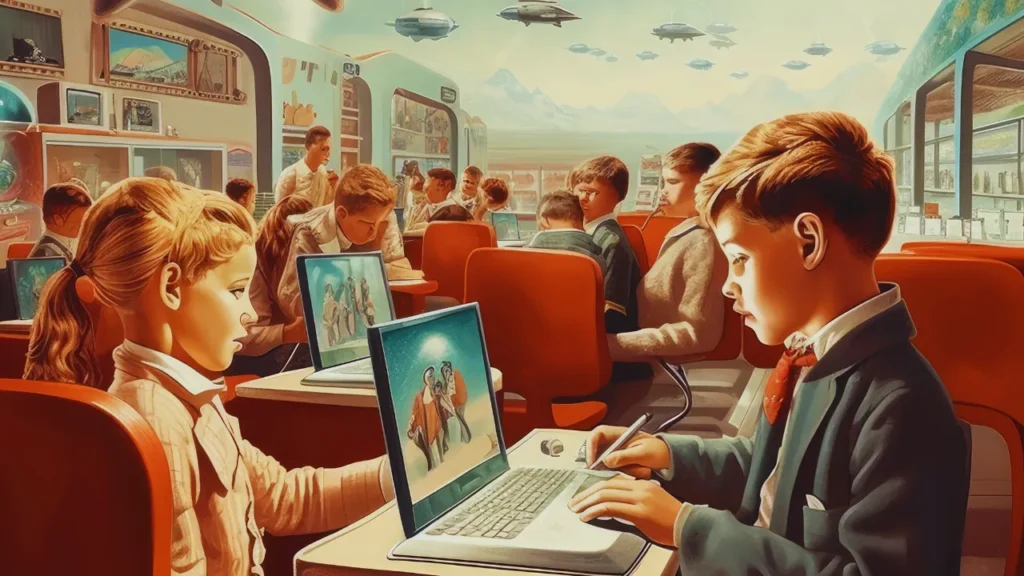The conflict between Israel and Iran is still one. The most complicated and long-lasting geopolitical conflicts in the Middle East. This conflict has changed regional alliances and global diplomacy in deep ways because. It is based on decades of political, religious, and strategic rivalries. Tensions are still high today, with occasional flare-ups.
This has caught the attention of world powers that are worried about peace and stability. Anyone who cares about Middle Eastern politics and world security needs to know. What’s going on in the Israel-Iran conflict right now and what might happen next.
Historical Context of Israel Iran Relations
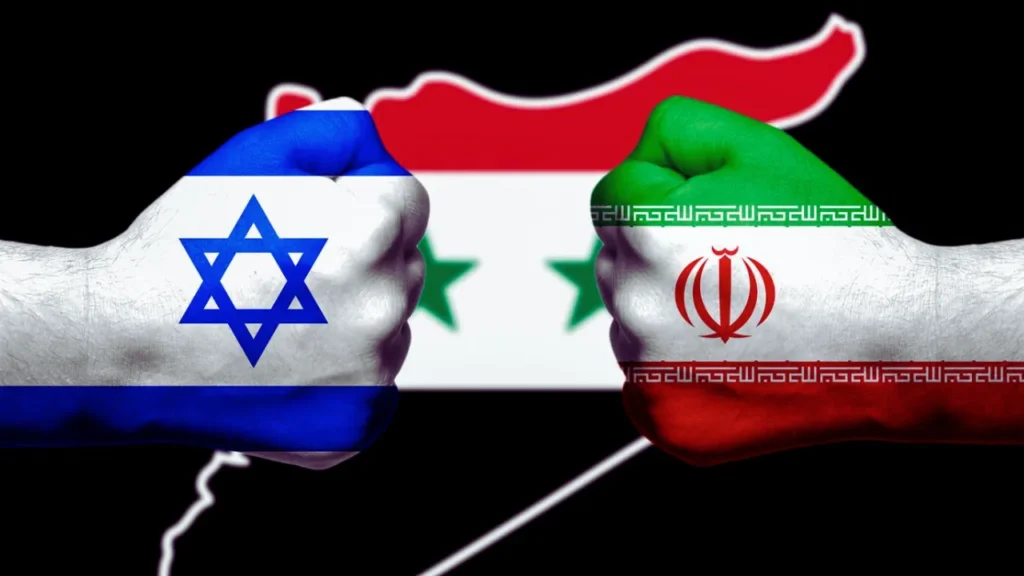
Before the Iranian Revolution of 1979. Which changed Iran’s political landscape in a big way, Israel and Iran got along pretty well. Iran’s policy toward Israel went from cautious cooperation to open hostility. Since then, things have gotten worse because Iran supports groups.
That are against Israel, like Hamas in Gaza and Hezbollah in Lebanon. These long-standing historical factors form the basis of the present conflicts. Wherein both nations perceive each other as existential threats. The issue is important to the whole world because. It affects Israel’s security and Iran’s nuclear ambitions.
Current Tensions: What’s Happening Now
In the last few years, the Israel-Iran conflict has seen a lot of progress. Such as direct fighting, cyberwarfare, and secret operations. Both countries use spies and proxy groups in their secret war.
| Aspect | Israel | Iran |
| Military Capabilities | Advanced missile defense systems, air force, intelligence networks | Missile development, proxy militias, growing drone technology |
| Proxy Groups | Supports Kurdish militias indirectly | Supports Hezbollah, Hamas, and other militias |
| Nuclear Program | Has nuclear weapons (undeclared) | Pursuing nuclear technology, suspected weaponization |
| Recent Engagements | Airstrikes on Iranian targets in Syria | Support for anti-Israel groups, missile launches |
Iran continues to back anti-Israel proxy forces. Israel has conducted airstrikes against a range of Iranian military targets in Syria. Both sides are experiencing a surge of cyberattacks – a telling reality. How modern warfare is evolving in this conflict.
Regional and Global Impact
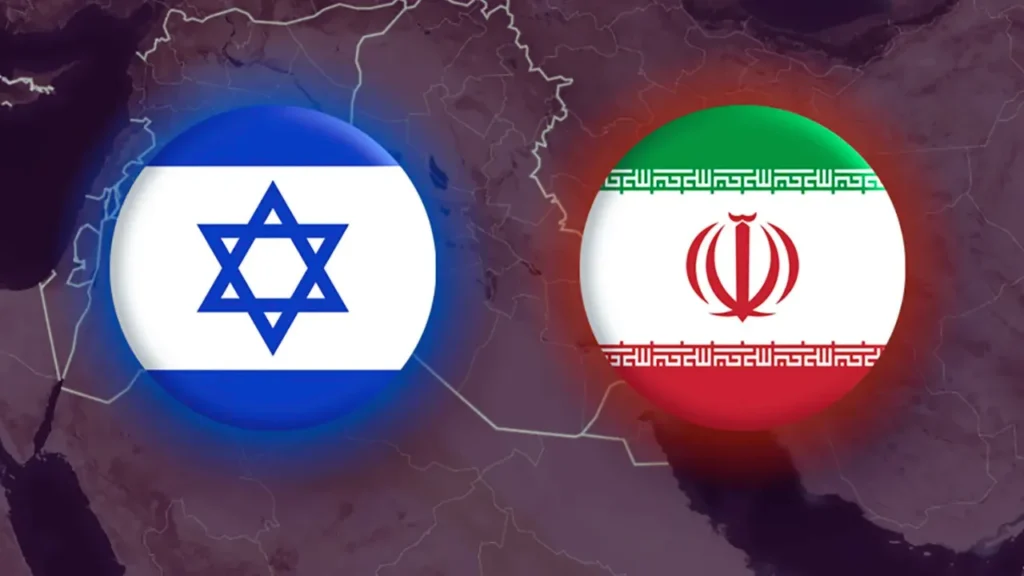
The Israel-Iran confrontation has implications for stability throughout the Middle East and. Their interactions transcend their borders. Play pivotal roles in the aboved and continue. The areas where regional responses happen. This crisis affects global diplomatic alliances. Patterns of refugee flight, and oil market fluctuations.
Recently, the diplomatic normalization between Israel and some Arab governments. Examples affected Israeli dynamics, but none of them were aspects of Iranian change. These developments, viewed as legitimate by Israel and its allies.
Military Capabilities Comparison
| Capability | Israel | Iran |
| Active Military | Approx. 170,000 personnel | Approx. 523,000 personnel |
| Air Force | Advanced jets, F-35 stealth fighters | Aging fleet, focus on drones and missiles |
| Missile Arsenal | Jericho ballistic missiles | Ballistic missiles, cruise missiles |
| Nuclear Capability | Undeclared nuclear weapons | Nuclear program under scrutiny |
Israel maintains its technological edge despite Iran’s large military and proxy militias.
Diplomatic Efforts and Challenges
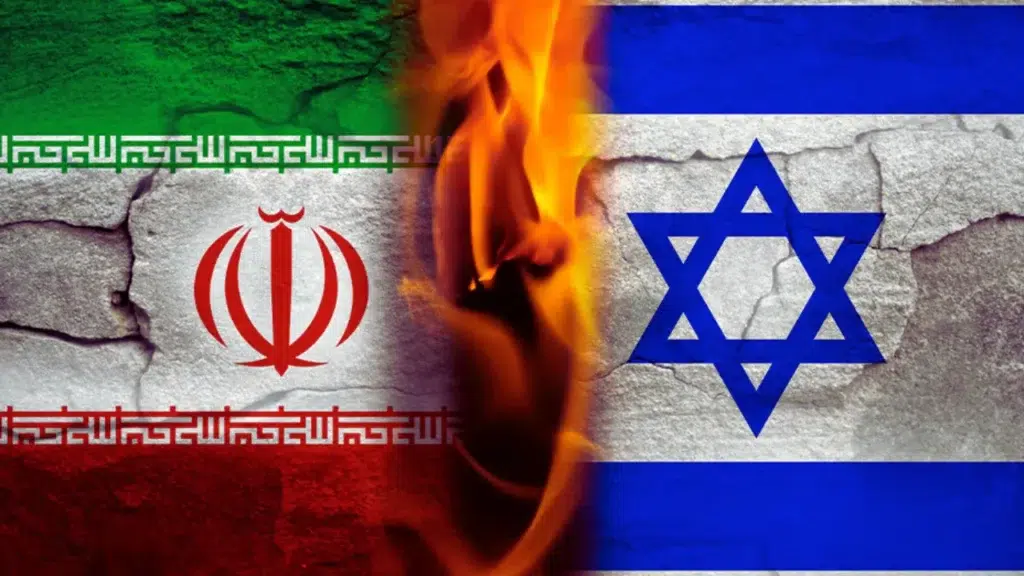
Despite the high level of tension. There have been many diplomatic attempts to defuse the situation. That aimed to reduce Iran’s nuclear program in exchange for the removal of sanctions. Yet, the U.S. withdrawal from the agreement in 2018. Diplomatic efforts and increased mistrust on both sides.
Israel opposes any agreement that supports Iran’s nuclear ambitions. While Iran wants sanctions to be lifted and its regional role recognized. Diplomacy remains fragile with intermittent backchannel talks and no clear path.
Future Prospects: What Lies Ahead?
Direct conflict remains a possibility, especially if proxy wars escalate. Yet, diplomatic developments could lead to stability. Even though they are unlikely to happen anytime soon.
| Factor | Potential Outcome | Impact |
| Nuclear Negotiations | Renewed talks or stalemate | Affect regional security balance |
| Proxy Conflicts | Intensification or containment | Influence regional stability |
| Cyber Warfare | Increasing sophistication | Greater risk of escalations |
| International Involvement | More diplomacy or military support | Shift power dynamics |
Economic and Humanitarian Consequences
The prolonged conflict has a significant economic impact on both countries. Sanctions have seriously hurt Iran’s economy, but Israel spends a lot of money on its military. Civilians in neighboring countries often experience. Displacement and humanitarian issues as a result of proxy conflicts. Human rights organizations warn about the impact of the conflict on vulnerable populations. While highlighting the need for peaceful solutions.
The Role of International Powers
Global powers play a major role in shaping the conflict between Israel and Iran. Russia’s support for Iran in Syria complicates the matter. China’s growing economic influence and involvement. The Middle East adds to the war’s complexity. The UN struggles to carry out peace agreements due to competing interests. Even though it calls for moderation.
Wrapping Up
The Israel-Iran conflict remains a major source of instability. The Middle East, with significant global implications. The current tensions reflect a complex web of geopolitical aspirations. Military posture, and historical grievances. Future escalation is a possibility, but diplomatic breakthroughs are also unlikely. Being informed and understanding the various aspects of this struggle is essential. The world closely watches what comes next. For those who care about peace and security.
It is more important than ever to support initiatives and conflict resolution. To keep up with the Israel-Iran conflict and its evolving dynamics. Follow credible news outlets and expert analysis. Exchanging informed opinions fosters amicable resolutions and raises awareness of global issues.
FAQs
Why is the Israel Iran conflict so prolonged?
The conflict stems from decades of theological, political, and strategic disagreements. Nuclear aspirations, proxy conflicts, and regional rivalries. All contributed to the ongoing tensions.
What is the role of proxy groups in the Israel Iran conflict?
Iran subtly opposes Israel through proxy groups like Hezbollah and Hamas. They give Iran the ability to affect events without having direct contact. The outside world by carrying out military operations, rocket strikes, and intelligence gathering.
How does the nuclear issue affect the conflict?
Iran’s nuclear program, which raises concerns about potential weaponization. Poses a threat to Israel’s security. Due to Israel’s own ambiguous nuclear status and regional ambitions. The matter is a significant source of conflict and international debate.
Have there been any peace talks between Israel and Iran?
Direct peace talks have never come from ideological differences. Nonetheless, both nations take part in indirect negotiations, such as the JCPOA. That are intended to reduce regional tensions and nuclear threats through international diplomacy.
What role do other countries play in this conflict?
The United States, Russia, and Gulf states are among the countries with a keen interest. The United States militarily supports Israel, Russia supports Iran’s interests in Syria. Gulf states have complex relationships with both. That have an impact on regional politics.
Can cyber warfare lead to a wider conflict?
Cyberattacks that target critical infrastructure can, in fact. Escalate tensions and lead to retaliation. As both countries improve their cyber capabilities. The likelihood of an inadvertent escalation rises.
What is the future outlook for peace between Israel and Iran?
The future remains uncertain. Despite continuous diplomatic efforts. Difficult due to deep mistrust and competing interests. Potential changes in leadership or outside pressure may open up new channels.


